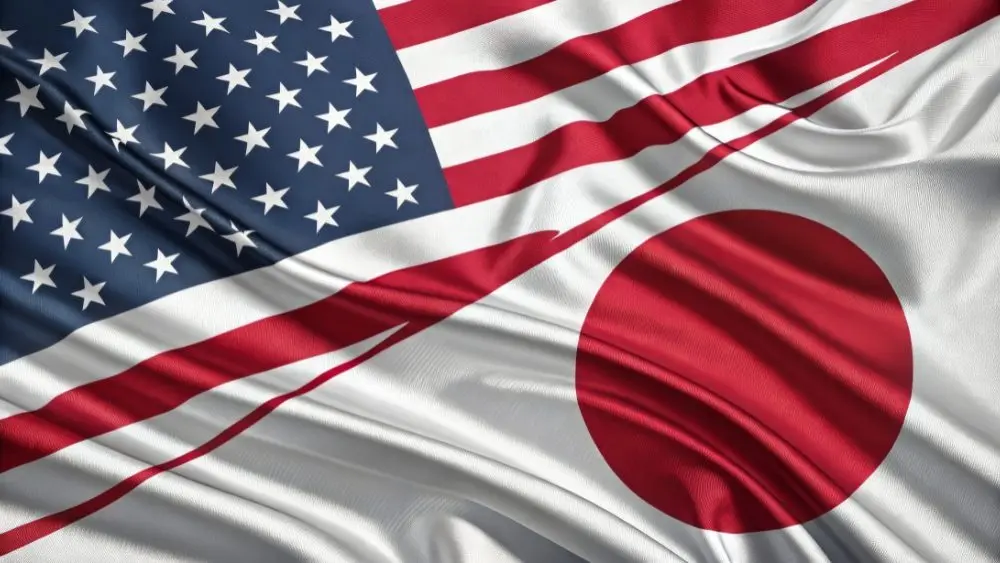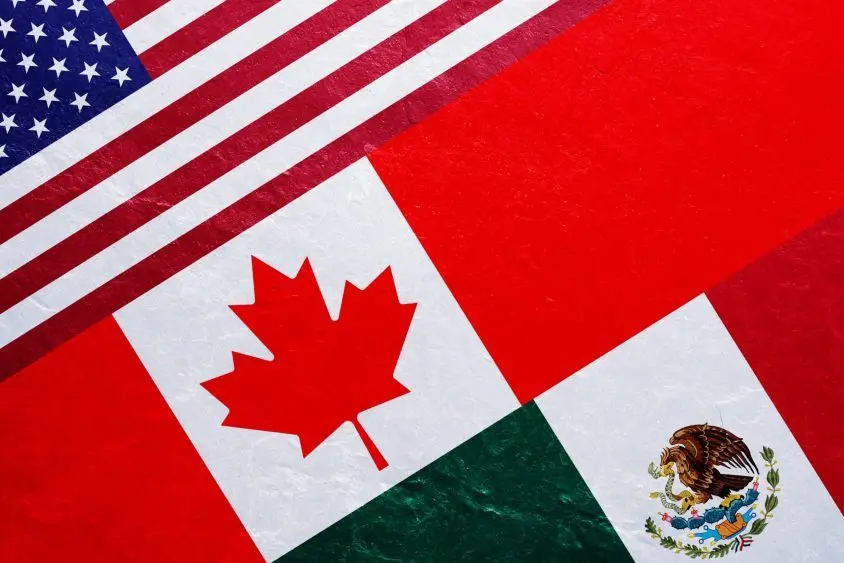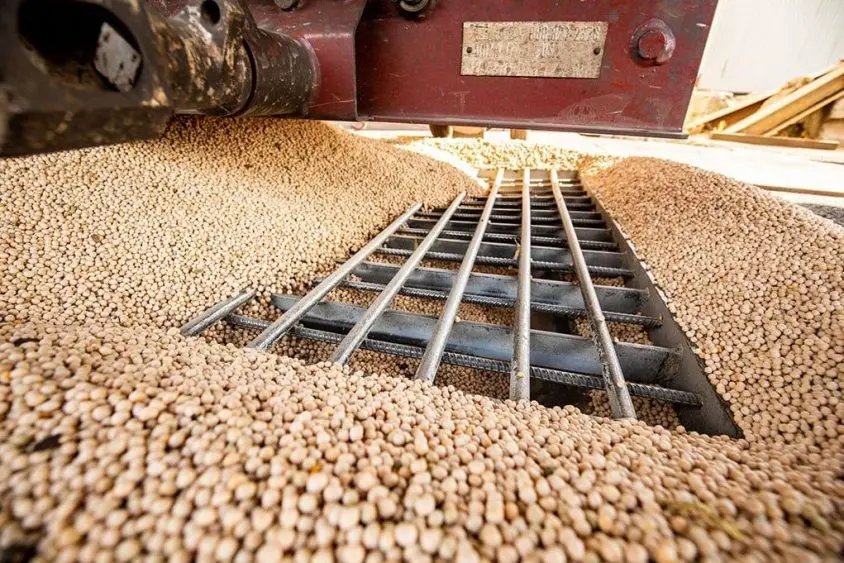(WASHINGTON D.C.) — President Donald Trump announced this week that the U.S. and Japan reached a deal in which the U.S. reduces its reciprocal tariff rate in exchange for increased market access for rice and other agricultural products. The agreement includes more than $550 billion in new investment by Japan into core American industries. The agreement also includes Japan purchasing $8 billion in U.S. goods, including corn, soybeans, fertilizer, bioethanol and sustainable aviation fuel. Japan will also immediately increase imports of U.S. rice by 75%, with a major expansion of import quotas.
“We just completed a massive trade deal with Japan,” Trump wrote on Truth Social. “Japan will open its country to trade on items like cars, trucks, rice, and other agricultural products.” The president also said Japan will invest $550 billion in the U.S. “at my discretion.” He added that the U.S. would receive 90 percent of any profits, although he didn’t provide further details. The White House later on Wednesday released a fact sheet outlining some of the details: https://www.whitehouse.gov/fact-sheets/2025/07/fact-sheet-president-donald-j-trump-secures-unprecedented-u-s-japan-strategic-trade-and-investment-agreement/
Many agriculture groups in the U.S. have started to share their reaction to the news of a trade deal with Japan. “We appreciate the work that the administration has dedicated to brokering a deal with Japan, worth $2.7 billion, and we welcome today’s announcement,” says National Corn Growers Association President Kenneth Hartman Jr. “Japan is the second largest market for U.S. corn exports, and we support any effort to expand the purchase of corn and corn products, like ethanol. U.S. corn growers produce an abundant crop year in and year out, and NCGA has long advocated for increased access to foreign markets, which will support American farmers and rural economies.”
In a statement, U.S. Grains Council President and CEO Ryan LeGrand said “The U.S. Grains Council applauds the Trump Administration on this agreement with our second largest trading partner – Japan. In the 2023-24 marketing year, Japan was the second largest importer of U.S. corn; the third largest importer of U.S. sorghum; the fourth largest importer of U.S. barley; and the 9th largest importer of U.S. distillers dried grains with solubles, totaling 14 million metric tons in corn-equivalent exports or $5.95 billion. This deal is an embodiment of our countries’ longstanding partnership and includes ethanol and SAF that fits into Japan’s policies of increasing the use of renewable fuels, that include U.S. ethanol. The Council looks forward to nurturing the important trade relationship for many more years to come.”
U.S. Meat Export Federation (USMEF) President and CEO Dan Halstrom issued the following statement as well saying that “USMEF greatly appreciates the Trump administration’s agreement with Japan, reassuring and expanding opportunities in the #2 export destination for U.S. beef and pork. In President Trump’s first term, the critical U.S.-Japan Trade Agreement was reached, returning U.S. red meat to a level playing field in Japan and restoring its position as an extremely reliable market. According to the information released by the White House, the new agreement focuses on reinforcing the long-term economic partnership between the U.S. and Japan, which for decades has delivered tremendous benefits for the U.S. livestock and meat industries and for Japanese consumers, importers and customers. USMEF looks forward to continued growth and mutual benefits, and we thank the team at USTR and the Trump administration for another agreement reached in the critical Asia Pacific region.”
Growth Energy, the nation’s largest biofuel trade association, applauded the White House and President Trump as well following the announcement of this week’s trade deals with not only Japan, but also with Indonesia, that would open new markets for American biofuels and other agricultural co-products. The trade deal with Indonesia is expected to eliminate up to 99 percent of the tariff barriers on U.S. goods – including the 30 percent tariff currently imposed on U.S. ethanol exports. As part of the deal with Japan, the White House secured a commitment to purchase $8 billion in U.S. agricultural goods, including corn, soybeans, ethanol, and sustainable aviation fuel.
“Ethanol exports set a record in 2024, and President Trump’s latest deals will help to ensure that American farmers and biofuel producers continue to benefit from new and growing markets in Asia,” said Emily Skor, CEO of Growth Energy. “We commend President Trump for following through on his commitment to unleash American energy dominance and tear down unfair barriers to exports from rural America. We also thank the teams at the Office of the U.S. Trade Representative and the U.S. Department of Agriculture for their tireless work to deliver these trade deals and removing trade barriers for U.S. ethanol.”





